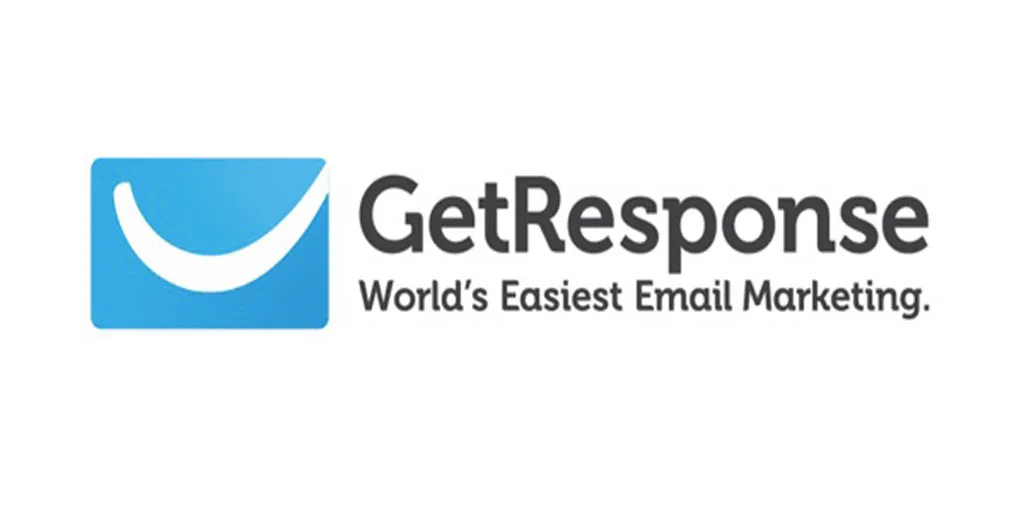Wix vs WordPress:Choosing the Right Platform for Your Website

Wix vs WordPress: Navigating Your Website Building Journey
In the bustling digital landscape of today, having a website is not just an accessory but often a necessity for businesses, creatives, and anyone who wishes to have an online presence. As you embark on the journey to establish your digital domain, two names you’ll frequently encounter are Wix and WordPress. Both platforms have made significant strides in making website creation accessible to the masses, but each brings its own set of features and nuances that may sway your decision. In this comprehensive guide, we’ll delve into the Wix vs WordPress debate, exploring their key attributes, strengths, and potential limitations, to help you make an informed decision.
Understanding the Basics
Before we get into the nuts and bolts of Wix vs WordPress, it's essential to grasp what each platform fundamentally offers.
Wix: Wix is a cloud-based website builder that provides a broad array of design templates and drag-and-drop tools to create websites quickly and easily. It’s tailored for users who may not have technical expertise but seek robust design flexibility.
WordPress: WordPress, on the other hand, is a powerful content management system (CMS) that powers a vast number of websites globally. It comes in two flavors: WordPress.com, which is a hosted service much like Wix, and WordPress.org, which is a self-hosted solution offering more control and customization options.
The Battle of Simplicity: Wix vs WordPress
One of the most critical factors in choosing a platform is how easy it is to use, especially if you're new to website building.
Wix: Known for its intuitive interface, Wix offers a straightforward drag-and-drop editor, which means what you see is essentially what you get. For those who prefer a no-fuss website setup, Wix provides an efficient path with minimal learning curve. You can start with a template, add elements, and easily customize them to your taste.
WordPress: While WordPress boasts immense flexibility, it comes with a steeper learning curve, especially WordPress.org. Setting up a WordPress site might require some technical knowledge, such as installing themes and plugins, and potentially dealing with hosting and domain setup. However, WordPress.com simplifies this process, although with some limitations in customization compared to its self-hosted counterpart.
Design and Customization: Unleashing Creativity
In the Wix vs WordPress comparison, the ability to customize and craft a unique website is paramount for many users.
Wix: Offers a vast library of over 800 pre-designed templates that cater to various industries and styles. The templates are fully customizable, allowing you to change colors, fonts, and layout with ease. However, once you choose a template, switching to another can be cumbersome, potentially requiring a complete site overhaul.
WordPress: Known for its unparalleled customization capabilities, WordPress offers thousands of themes and plugins that can be used to create highly personalized websites. Whether you wish to establish an online store, a blog, or a portfolio site, WordPress themes are adaptable to meet diverse requirements. Additionally, the availability of custom coding options ensures that you can tweak and tailor every aspect of your site if you have the requisite skills or a developer on hand.
Performance and Speed: The Need for Speed
Website speed is not just about user experience; it's a crucial element affecting search engine rankings and visitor engagement.
Wix: Since Wix is a fully hosted platform, it takes care of performance optimization and server management, which means that your site’s speed largely depends on how Wix manages its infrastructure.
WordPress: With WordPress.org, performance optimization is largely in your hands. The choice of hosting provider, use of caching plugins, image optimization, and other factors can significantly influence your site's speed. While this offers greater control, it also demands a more hands-on approach to ensure optimal performance.
SEO Capabilities: Ranking in the Digital World
Search Engine Optimization (SEO) is critical for visibility in the competitive online environment. Let's see how Wix and WordPress stack up in this regard.
Wix: Provides built-in SEO tools that guide you through optimizing your site, including setting titles, descriptions, and alt text for images. While these features are user-friendly, they may lack the depth and customization that more advanced users might seek.
WordPress: With WordPress, SEO potential is virtually limitless, thanks to plugins like Yoast SEO or Rank Math, which offer comprehensive tools for optimizing content, meta tags, and more. The platform's inherent flexibility makes it a preferred choice for those with more complex SEO strategies.
E-commerce: Selling Online with Wix vs WordPress
For businesses looking to sell products online, the e-commerce capabilities of their chosen platform can be a deciding factor.
Wix: Offers a straightforward solution for setting up an online store through Wix eCommerce. It includes features like inventory management, product display options, and payment integration, making it an attractive option for small to medium-sized businesses.
WordPress: When it comes to e-commerce, WordPress shines with the WooCommerce plugin. It is one of the most popular e-commerce solutions globally, providing extensive customization options, scalability, and a vast ecosystem of extensions and themes tailored for online selling.
Support and Community: Finding Help When You Need It
The availability of support can significantly impact your experience when issues arise or when you're looking to expand your site's functionality.
Wix: Offers a dedicated support team, accessible via phone, email, and chat. It also has a comprehensive help center with tutorials and guides to assist users in troubleshooting common issues.
WordPress: WordPress.org does not offer direct support, but it benefits from a large, active community of developers and users. There are numerous forums, tutorials, and resources available online. For WordPress.com, support varies based on your subscription plan, with premium plans offering live chat and email support.
Cost Analysis: Budgeting for Your Website
Understanding the cost implications of Wix and WordPress is crucial in planning your website project.
Wix: Often seen as a more straightforward option when it comes to pricing, Wix offers several tiers of monthly plans, which include hosting, templates, and support. While it can be budget-friendly for simple sites, costs can rise with the need for additional features or e-commerce capabilities.
WordPress: The cost of a WordPress site can vary widely. With WordPress.org, you can start with a minimal budget by using free themes and plugins, but you’ll need to consider costs for hosting, premium themes or plugins, and potentially hiring developers for custom work. WordPress.com offers tiered plans, similar to Wix, with varying levels of features and support.
Security Considerations: Safeguarding Your Site
Security is a paramount concern for any website owner, as breaches can lead to downtime, data loss, and reputational damage.
Wix: Provides automatic updates and manages security at the server level, which means users have less to worry about when it comes to technical security measures.
WordPress: Security is partly the responsibility of the user, especially with self-hosted WordPress.org sites. Regular updates of themes, plugins, and WordPress core are crucial, as is the implementation of additional security plugins and practices to protect against vulnerabilities.
The Final Verdict: Wix vs WordPress—Which is Right for You?
Wix is ideal for those who prefer simplicity, a quick setup, and an all-in-one solution that handles hosting, security, and updates. It's particularly appealing to individuals, small businesses, and those with minimal technical expertise looking for a user-friendly platform.
WordPress is favored by users who value flexibility, customization, and extensive features. It’s suitable for a diverse range of projects, from simple blogs to complex e-commerce sites and large-scale corporate websites. While it requires more involvement in terms of setup and management, the potential for growth and innovation is unparalleled.
In conclusion, the choice between Wix vs WordPress ultimately depends on your specific needs, priorities, and level of technical comfort. Both platforms have their unique strengths and can support a broad array of website goals. Whether you choose the simplicity of Wix or the expansive possibilities of WordPress, the key is to align your choice with your long-term vision for your online presence.




